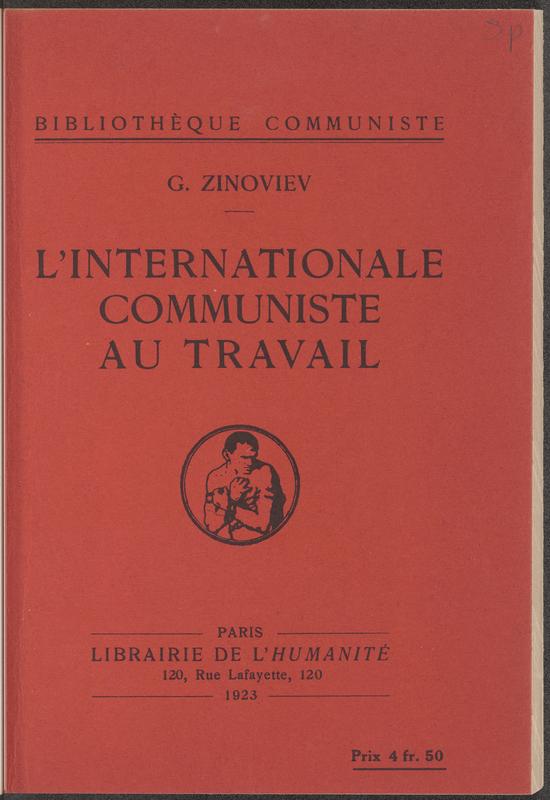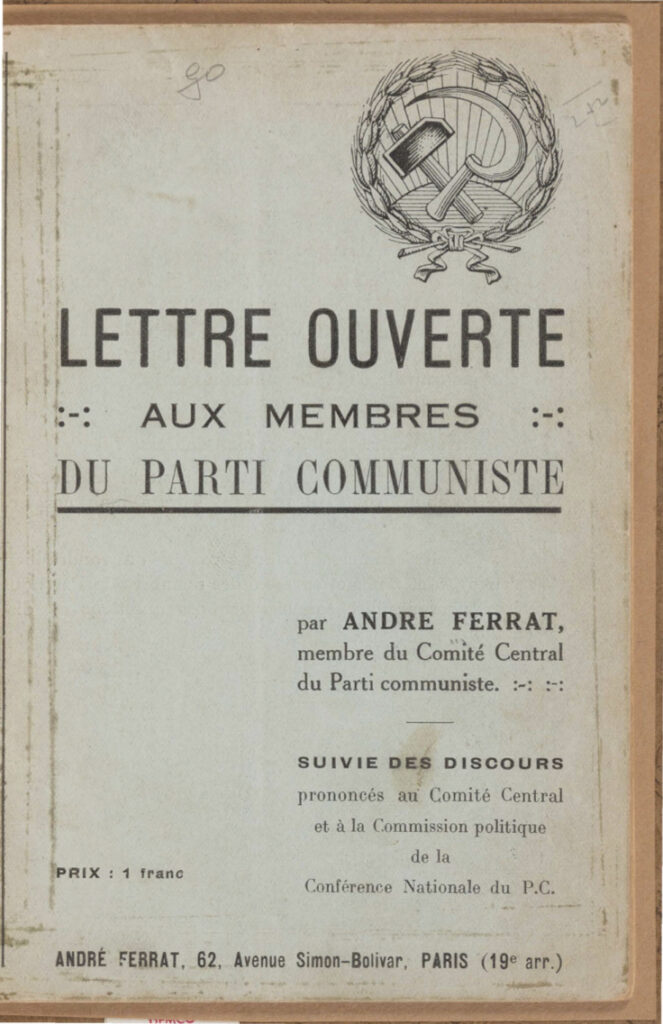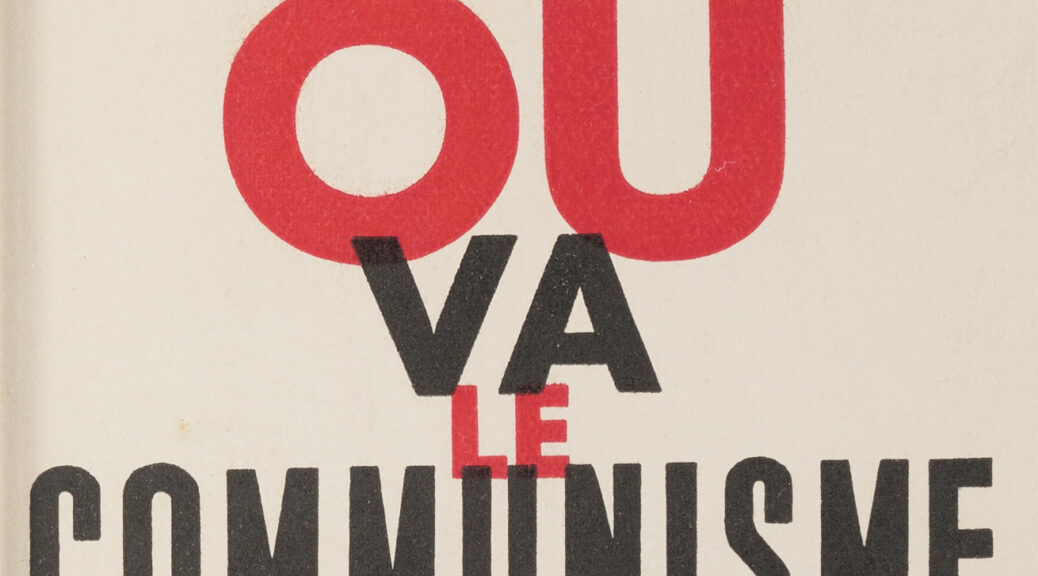“Illuminating Explorations” – This series of digital exhibits is designed to promote and celebrate UT Libraries collections in small-scale form. The exhibits will highlight unique materials to elevate awareness of a broad range of content. “Illuminating Explorations” will be created and released over time, with the intent of encouraging use of featured and related items, both digital and analog, in support of new inquiries, discoveries, enjoyment and further exploration.
Radical politics in Europe experienced a pronounced growth in strength and popularity in the early 20th century, both before and following the communist revolution in Russia in October 1917. France possessed a unique position in the continent-wide growth of leftist and labor-focused–and specifically communist and anarcho-syndicalist–parties and movements. The Paris Commune and its politics played an important role in the development of Marxism, which would later become the most prominent political position in politically successful leftist parties and revolutionaries from Russia to Western Europe. While very influential and popular throughout France in the early twentieth century, there were also significant forces opposed to the rise of left-wing sentiment both in France and across Europe. This exhibit curates a number of significant holdings of the UT Libraries surrounding communism in France, and is organized into sections containing pro-communist, anti-communist, and leftist but not explicitly pro-communist materials.

The exhibit aims to shed light on the varied political attitudes and interests active in Francophone literature at this time. These perspectives include explicitly pro-Leninist ideas, firmly in line with the Soviet-led Third International, or Comintern, to outwardly monarchist tracts opposed to the Bolshevik seizure of power. Also included are dissenting leftist opinions that, while decidedly pro-labor and in the leftist camp politically, are nevertheless not truly in line with the Soviet model of democratic centralism as propagated and put into practice by Lenin. In addition to French authors, the exhibit also represents a few pamphlets that are French translations of Russian texts, highlighting the truly international character of European socialism during this period.

The pamphlets presented here have been selected for this exhibit not only because of their importance to the UT Libraries’ distinctive collections, but because of their relevance to the political and socio-cultural history of Europe, both Western and Eastern, which continues to influence contemporary politics in France and beyond. Many of the publications also feature graphics and designs that will be of interest to anyone interested in the history of monographic design and publishing in the early to mid-twentieth century.

This collection will be of interest to anyone who would like to learn more about French-language history and propaganda, or who is interested in the development of socialist (specifically communist) and anti-socialist ideologies in Europe. The print versions of the pamphlets are available at the Perry-Castañeda Library and their digitized versions are available through the UT Libraries’ Collections Portal.
Ian Goodale is the European Studies Librarian for UT Libraries.





